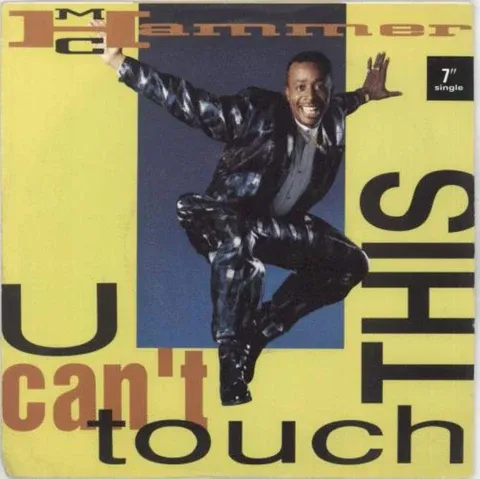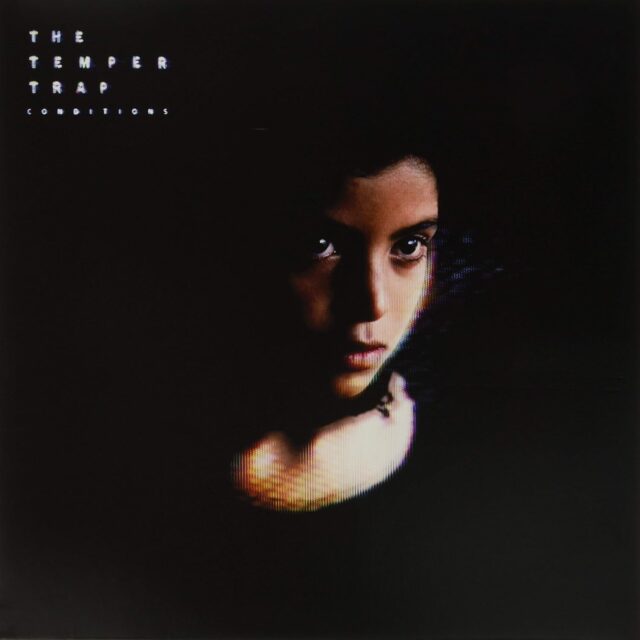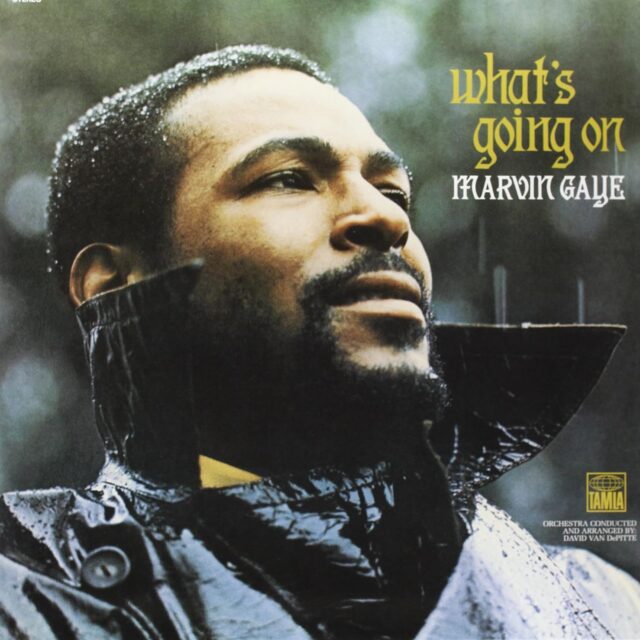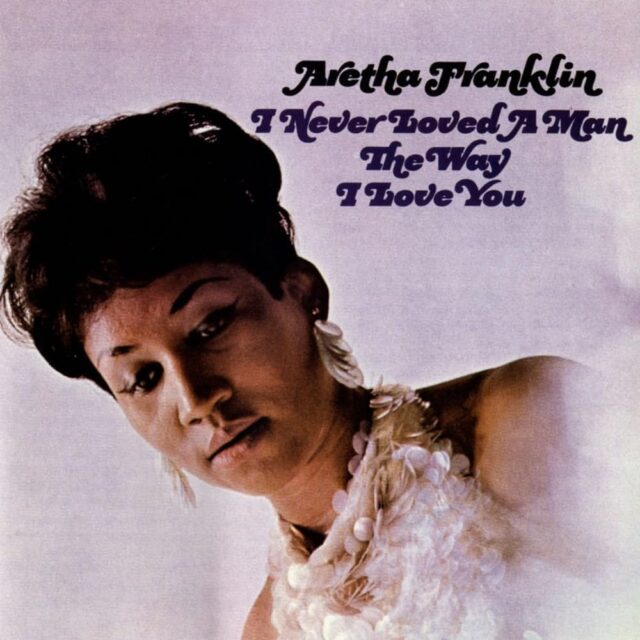“U Can’t Touch This” was released on Friday, January 13, 1990, as part of MC Hammer’s third studio album “Please Hammer, Don’t Hurt ‘Em.” This song, and man, helped define early music in the decade and became a global phenomenon.
MC Hammer’s real name is Stanley Kirk Burrell. He was born on March 30, 1962. When ‘U Can’t Touch This’ topped the charts in 1990, MC Hammer was 28 years old.
Hammer aimed to create a more mainstream sound by combining rap, hip-hop, R&B, pop, and dance—a mix that would showcase his high energy and showmanship.
“The Jackson 5 and The Temptations to Smokey Robinson, The Beatles, The Rolling Stones, and the great groups of the mid-’70s and ’80s. It’s so much—it’s a lot. Yeah, it was built around all of that, and those were all my influences… they inspired me to focus on a pretty eclectic approach to music, performance, and ideology,” stated MC Hammer. “Being around innovative people like Oakland A’s owner Charles Finley, who invented the designated hitter and coloured uniforms in baseball, was also a huge influence. It’s a lot, so I drew from all those places and became the artist MC Hammer.”

“When I became a rapper, I didn’t go the opposite way. I went deeper into the creativity of putting on a great show and embracing a flamboyant, artistic look,” said MC Hammer. “I had an idea and a concept that we would look good together on stage, and that would become known as Oaktown’s 3-5-7, and Ace and Ace Juice.”
“U Can’t Touch This” heavily samples ‘Super Freak’ by Rick James, who sued Burrell in 1990 for copyright infringement due to its use without permission. James and Burrell settled out of court, with James becoming a co-composer. This settlement allowed James to receive royalties from the song and led to his winning his first and only Grammy Award in 1991. Sometimes the greatest rewards are delayed and come in a different way than you imagined.
The first live performance of “U Can’t Touch This” was on The Arsenio Hall Show, which aired November 27, 1989, about 7 weeks before its official release date. Hammer was in his element. He already knew how to work with the audience as he’d previously been on the show for “Turn This Mutha Out.”
With his trademark gold, shimmering, parachute-like outfit, Hammer was high energy and dancing. When the words “U Can’t Touch This” dropped, a portion of Earth also shifted. The audience started to cheer, and by the end of the set, Arsenio and even the stage crew were up dancing.
When MC Hammer raps “U Can’t Touch This”: what exactly is it that he’s claiming is beyond reach, and what makes it so untouchable?
Lyrically: U Can’t Touch This
The repeated opening lyrics set the tone for the entire song with “U Can’t Touch This” — a bold declaration of an untouchable. It takes a certain personality to conduct yourself in this manner, globally. MC Hammer is informing others that his skills, style, and success are unparalleled and out of reach.
My, my, my, my
(You can’t touch this)
Music hits me so hard
Makes me say “Oh, my Lord”
Thank you for blessing me
With a mind to rhyme and two hyped feet
These lyrics outlines his interests, faith and talents. Hammer expresses being thankful for his gift of being able to rhyme, rap and dance, stating during an interview that he is “grateful for the opportunities music gave.”
It feels good when you know you’re down
A super dope homeboy from the Oaktown
The lyrics also give a shoutout to “A super dope homeboy from the Oaktown,” representing his deep connection to Oakland, where Burrell grew up, and with Oaktown’s 3-5-7.
Before his music career, he worked as a batboy for the Oakland A’s and became known for his dance moves on the job. His nickname, “Little Hammer,” was given to him by Reggie Jackson because of his resemblance to baseball player Hank Aaron.
Hammer recalled that Charlie Finley, the owner of the Oakland A’s, made him more than just a batboy—he gave him a unique role within the team’s operations. Since Finley was an absentee owner based in Chicago, he relied on Hammer to relay play-by-play commentary from the owner’s box during games. This allowed Finley to stay informed about what was happening with the team. By the time Hammer was around 15, his responsibilities had expanded, and he appeared on ABC’s “Kids Are People Too” in 1977 with the title of being the youngest Executive Vice President in Major League Baseball. He traveled with the team across the country, visiting cities like New York, Chicago, Detroit, and Minnesota.
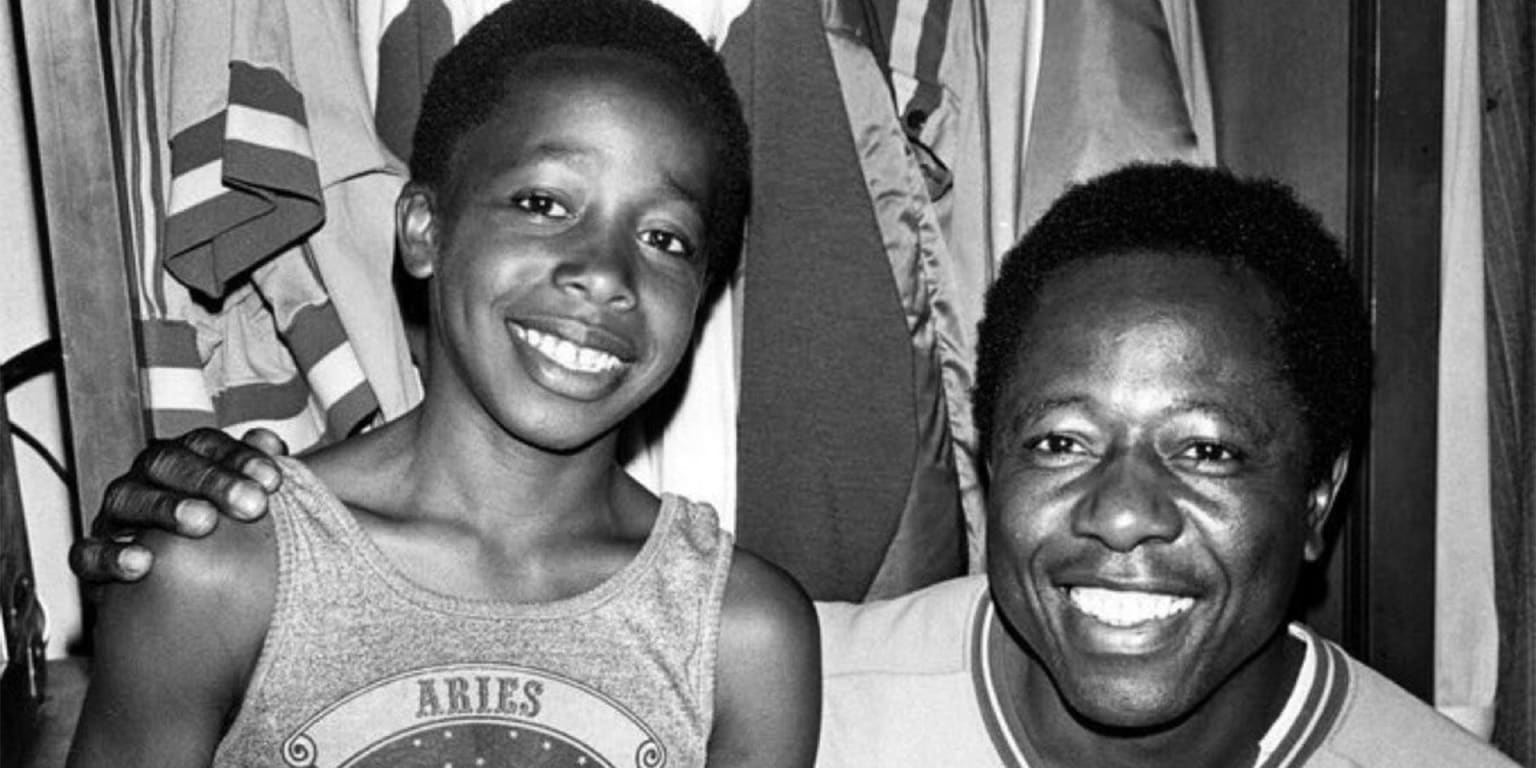
Fresh new kicks and pants
You got it like that
Now you know you wanna dance
So, move outta your seat
And get a fly girl
And catch this beat
While it’s rolling
MC Hammer introduced the world to the “Hammer Dance” when he performed “U Can’t Touch This” on The Arsenio Hall Show in late 1989. The dance, known for its side-to-side steps, became his signature—especially when paired with the “Hammer pants.” This trio—the person, the pants and the dance—became a cultural phenomenon, defining both his live performances and music video.
Lines like “Pump a little bit and let ’em know it’s going on” hype those who listen, while this lyric of “Cold on a mission, so fall on back” portrays him as being calm and focused in his pursuits, suggesting he is serious about his success and won’t tolerate competition or distractions. Those that attempt to compete, just “fall on back,” implying that others should step aside and recognize his superiority.
However, there was some backlash within the rap community when the song came out. Notably, Tupac Shakur, in a rare interview, stated, “‘Cause it’s raging, and he’s funky—funky dance steps. I’m not getting on Hammer, and I’m not gonna say he didn’t sell 10 million records, but crack fiends bought 10 million rocks. That don’t mean crack is good; it don’t mean nothing. The reason I’m down with him is because he’s a brother and he’s making his mail. However, he’s diluting rap, you know what I’m saying? He’s playing that Sambo role, and the reason everybody’s buying his record is because he’s no threat, and everybody wants to see Sambo dance.”
Despite what others said, Hammer pursued his dream, noting, “people tend to try to dictate the narrative to a community they’re not a part of, so they may not experience the tremendous amount of pain and struggle, but want to support it by a consistent diet of negativity and darkness for entertainment. I won’t go deep into that, I’m just stating and so I wanted to balance that and always want to balance that,” said Hammer.
What it’s gonna take in the 90’s to burn
The chart’s legit
Either work hard or you might as well quit
In these lyrics, Hammer stresses that hard work and dedication are essential for success, now and back in ’90s music industry. His line “The chart’s legit” is a reminder that effort leads to recognition, evident in his Grammy and American Music Awards for the song.
The lyric “Stop, Hammer time!” is still a cultural catchphrase that commands all to stop and put the attention on his showmanship. “Hammer Time” is a transition point that elevates the energy and serves as a cue for a dance break to focus on his moves and the beat. Timing-wise, “Hammer Time” happens around the halfway point of the song at 1:55 seconds in, and comes back two more times.
I toured around the world
From London to The Bay
It’s “Hammer! Go, Hammer! MC Hammer! Yo, Hammer!”
And the rest can go and play
‘U Can’t Touch This’
Hammer must have recognized he had a hit with U Can’t Touch This when he wrote the lyrics, as he forecasted his global success. The lines “It’s ‘Hammer! Go, Hammer! MC Hammer! Yo, Hammer!'” reveal he is recognized around the world, understands his popularity, and means business, which distinguishes him from the rest.
“I say that about Hammer because he did so much for rap, even though people didn’t consider him as a MC. But regardless, he’s a black man that helped carry the culture over — and he did it big,” said Redman in an interview.
Now over 30 years later, Hammer commented on the timelessness of U Can’t Touch This, noting, “I think what makes the song timeless is the melody, the energy, fun lyrics, the tones, and the bass line—obviously, the great Rick James, rest in peace. That combination is tied to fun memories, good memories, and good times, and I think that makes it very memorable.”
I believe the world needs more of the Hammerman.

